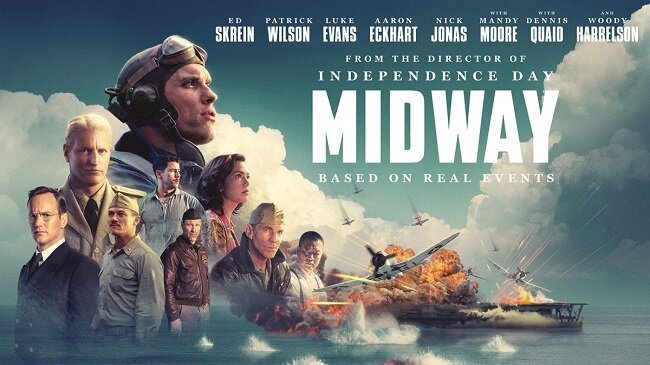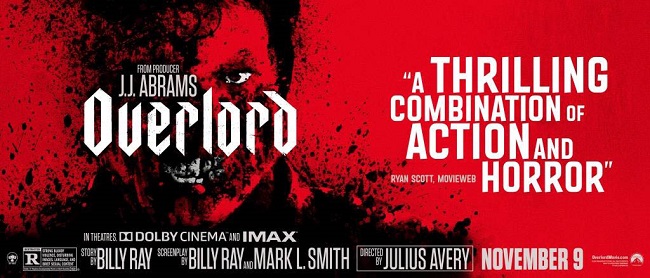The Sea Wolves (1980)
I have always had a soft spot for the action movies that Euan Lloyd produced in the late seventies and early eighties. The Wild Geese (1978), The Sea Wolves (1980), Who Dares Wins (1982) and Wild Geese II (1985). They were quite gritty and all had a strong cast of British character actors. Sadly some of them strayed into political issues with their stories and often got out of their depths. The Wild Geese ham-fistedly explores the political landscape of post colonial Africa and Who Dares Wins clumsily deals with terrorism and the concept of unilateral nuclear disarmament. Yet despite the somewhat school boy approach to geopolitics, the action scenes are well crafted (often by legendary Bond stunt arranger Bob Simmons) and the cast more than make up for any narrative failings. All four films also have charismatic soundtracks by Roy Budd. However The Sea Wolves differs from the other three movies in so far that it is set during World War II and is loosely based on real events.
During World War II, many British merchant ships are being sunk by German U-boats. British intelligence, based in India, believe that the information is being passed to the U-boats by a radio transmitter hidden on board one of three German merchant ships interned in the neutral Portuguese colony of Goa. Lieutenant-Colonel Pugh (Gregory Peck) of the Special Operations Executive (SOE) is tasked with finding the German spy passing the shipping information and destroying the radio transmitter onboard the interned ships. Accompanied by fellow operative Captain Gavin Stewart (Roger Moore), the pair travel to Goa to attempt to capture a high level German spy known as Trompeta (Wolf Kahler). After he dies during a struggle, Pugh decides to make a daring raid on the interned ships in Goa harbour. Due to Portugal's neutrality SOE cannot use British troops. So Pugh asks Colonel W.H. Grice (David Niven), the commanding officer of a Territorial unit of British expatriates called the Calcutta Light Horse, if they would carry out the mission covertly. They all volunteer as they are all ex-service men and keen to 'do their bit'.
The Sea Wolves is a very traditional high adventure movie directed by veteran filmmaker Andrew V. McLaglen. The film’s strength lies with its strong cast featuring the likes of Trevor Howard, Patrick Macnee and Patrick Allen. The script is functional and has occasional moments of droll dialogue, usually based around the age of the various old soldiers complaining about their aches and pains. The locations are interesting and the production design does a good job of recreating the period. Furthermore, the miniature effects by Kit West and Nick Allder are top drawer and the action scenes are credible, well edited and entertaining. The Sea Wolves eschews the cliched cinematic conceit of the German cast speaking English, instead opting for authentic dialogue and subtitles. Yet despite many positive elements, the film drags during the turgid romance between Captain Stewart and divorcee (and German spy) Agnes Cromwell (Barbara Kellerman).
Roger Moore was 52 when he was cast in The Sea Wolves and he was clearly losing his boyish good looks. Yet the film industry still insisted upon casting him as a romantic lead. He continued with Bond well after his best before date and frankly it showed. In this instance his torrid affair is very much written in the idiom of the times and it is as dull as ditch water. The plot grinds to a halt during these scenes. Furthermore critics at the time made a big deal out of Gregory Peck’s English accent but I’ve heard far worse over the years and don’t consider it to be a deal breaker. It should be remembered that to finance such a British production Euan Lloyd needed a known star that would clearly appeal to the US market. Peck was such an actor and works well in the role. He certainly shines in his scene with David Niven who he worked with previously on The Guns of Navarone.
Film’s about World War II proved a mainstay of the UK and US box office for over 30 years. However interest waned eventually as a new generation of cinema viewers, who were born in the post war years, became the principal audience. Films that have revisited this historical period since then have tended to take a more revisionist approach to the subject matter. The Sea Wolves is one of the last old school, “for King and country” style of action movie. Perhaps that is why it didn’t fare as well at the box office as other Euan Lloyd productions. He personally blamed this on the demise of co-financier Lorimar Pictures and their poor marketing. I think that audiences simply wanted something more contemporary, as proved by Who Dares Wins. Viewed with a modern perspective The Sea Wolves does seem somewhat dated in its tone. However, it can still prove entertaining and certainly offers an unusual story, set away from the European theatre of war.












